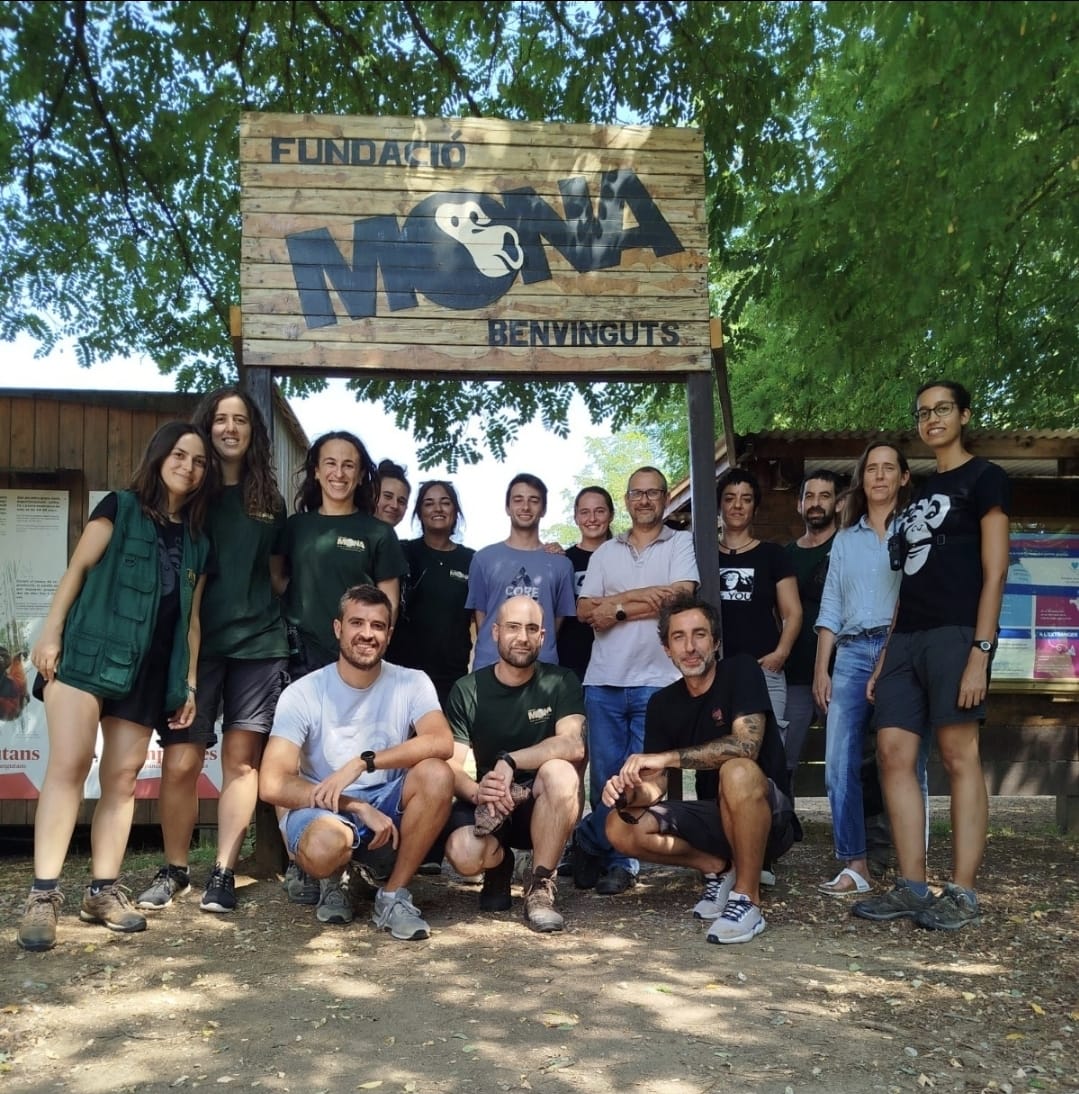Tomàs Marquès-Bonet leads an international project to revolutionize chimpanzee trafficking tracking with a new genetic test
Tomàs Marquès-Bonet leads an international project to revolutionize chimpanzee trafficking tracking with a new genetic test
Tomàs Marquès-Bonet leads an international project to revolutionize chimpanzee trafficking tracking with a new genetic test

For the first time, researchers from the Institute of Evolutionary Biology (IBE) and Universitat Pompeu Fabra (UPF) have tested outside the laboratory a tool capable of identifying the geographic origin of chimpanzees seized from illegal trafficking networks using their DNA. This pilot study is part of an international project developed by UPF in collaboration with the PASA and the Great Ape Survival Partnership, funded by the international conservation organization Revive & Restore.
The project, led by Tomàs Marquès-Bonet—ICREA Research Professor, Chair at the Department of Medicine and Life Sciences (MELIS) at UPF, and Principal Investigator of the Comparative Genomics Group at the IBE (UPF-CSIC)—has been tested for the first time worldwide at the MONA Foundation. The foundation provided samples for the study and enabled the testing of the newly developed field-deployable technology.
At the heart of this tool is a genetic atlas built over two decades using fecal samples from wild chimpanzees, allowing researchers to determine with high precision the geographic origin of confiscated individuals based on their genetic data.
Additionally, the device is pocket-sized, user-friendly, and connects to any computer via a USB port. It can deliver precise results within hours, pinpointing the animals' origin within a 100 km range. This will allow African rescue centers that receive confiscated chimpanzees to rapidly identify the regions where traffickers operate. With this information, national and international authorities will be able to allocate anti-poaching resources more effectively—optimizing patrols, personnel, and strategy—to better protect chimpanzees, a species critically endangered.
First On-site Test
In 2019, researchers from IBE and UPF had already analyzed data from rescued and rehabilitated apes at the MONA Foundation. These analyses confirmed that some individuals carried incorrect documentation—belonging to other animals or not representing their true origin. This finding highlights a common practice among certain trafficking networks and underscores the importance of having independent scientific tools that can provide robust evidence in legal and diplomatic contexts.
“The tool we’ve developed will make it possible to precisely identify the areas where poaching and illegal wildlife trafficking networks operate,” explains Tomàs Marquès-Bonet. The IBE researcher, who was recently awarded the 2025 Ramón y Cajal Medal by the Royal Academy of Sciences for his work in primate genomics, adds,
“This is an essential step toward ensuring the conservation and protection of biodiversity through rigorous and verifiable data.”
